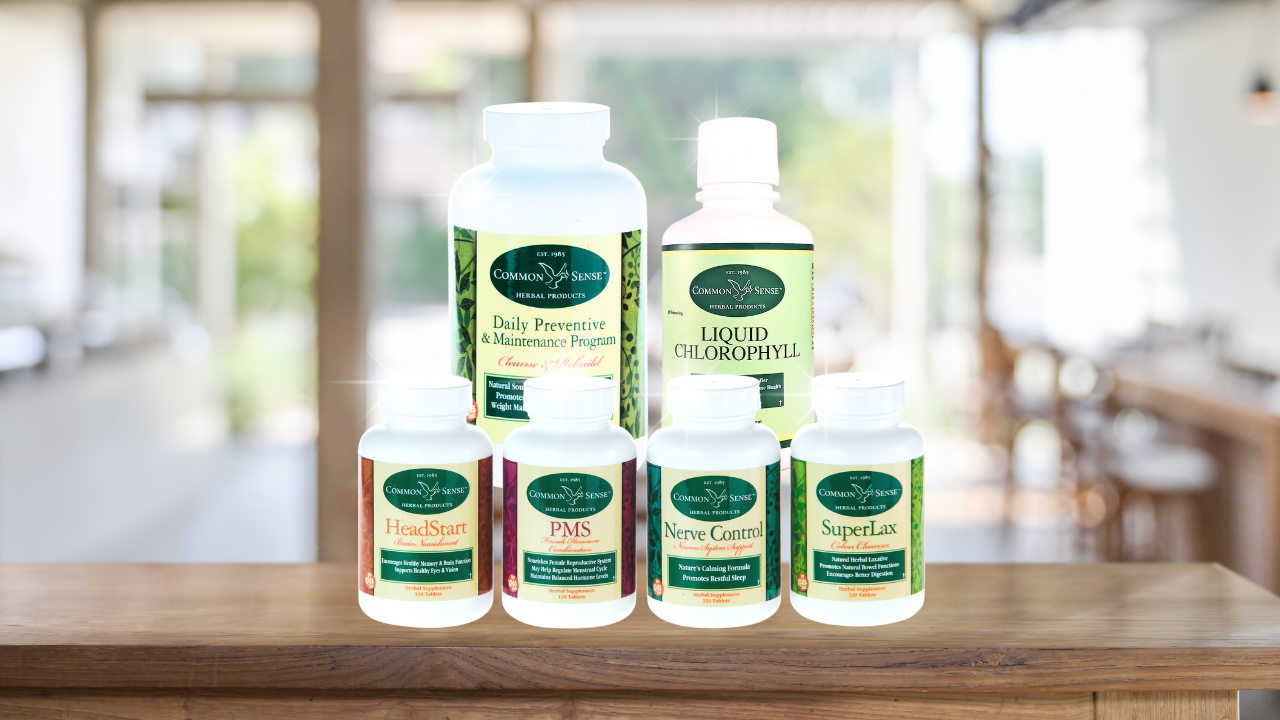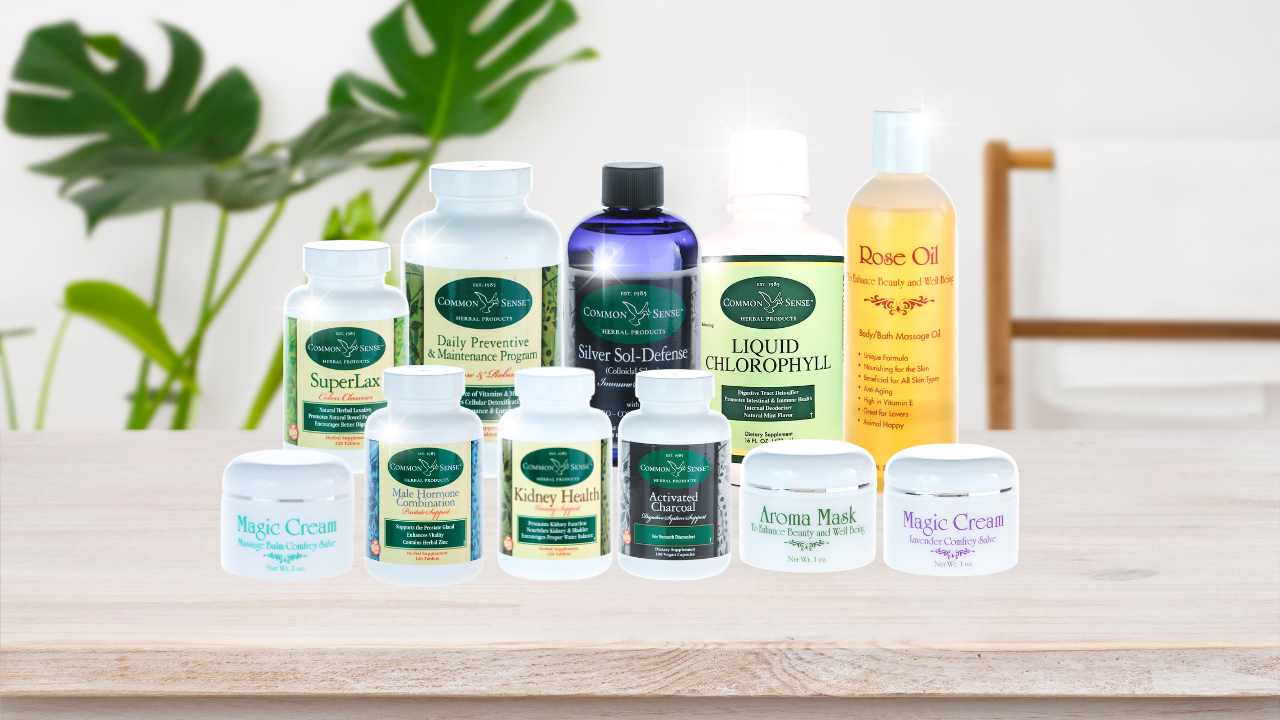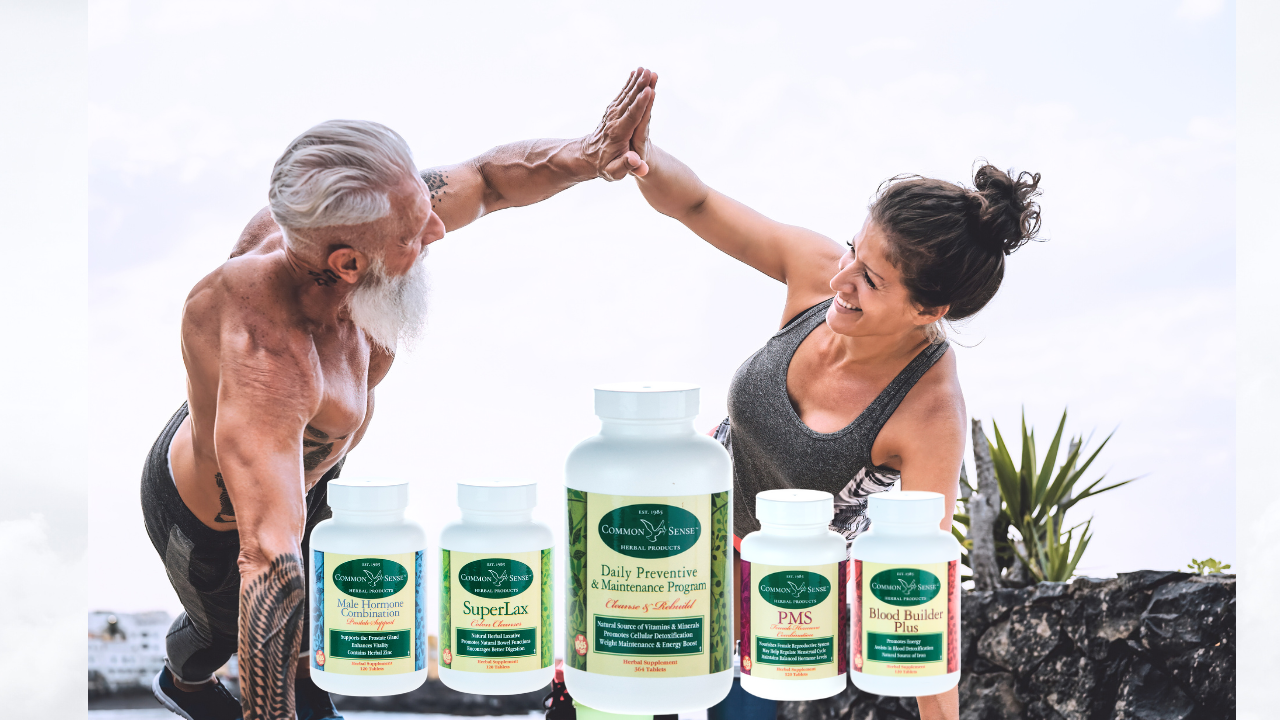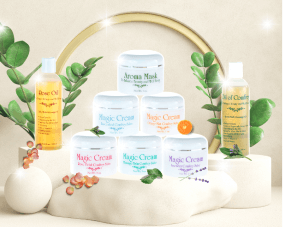
You may be considering making a change to a fully vegan lifestyle, or maybe just interested in reducing the amount of meat in your diet. However, it's not always easy to maintain a properly balanced diet when you make a radical change to your eating habits. It is important to make sure you get adequate protein and omega-3 fatty acids as well as vitamins and minerals like vitamin B12, zinc, and iron. To help you get started, read on to find out the best sources of vegan protein.
How Do I Get Vegan Protein?
Protein is often the biggest concern for people wanting to switch to a vegan diet. We need protein for building and maintaining almost all of our body parts, including muscles, bones, cartilage, hair, skin, nails, and blood. Your body also uses protein to make enzymes, hormones, and other chemicals it needs to function. You can see why getting enough of it is very important. Though there are lots of vegan “cheeses”, vegan “eggs,” and vegan “meats” available in stores, it would be best not to build the foundation of your diet on these highly processed elements. Rather, it is best for your overall health if you focus on protein options that people have been relying on for centuries to get the macro and micro-nutrients they need to stay fit and healthy. Don't worry though: these proteins are not just wholesome, but also delicious.
What Are the Best Sources of Vegan Protein?
Seeds
Seeds contain all the materials necessary to develop into complex plants. Because of this, they are full of all sorts of nutrients. As well as protein, they also contain various unsaturated fats, vitamins, minerals, antioxidants, and fiber. Eating seeds as part of a healthy diet can help to reduce your cholesterol and blood pressure. Just remember that the goodness of most seeds is protected inside a tough outer husk, so if you want to get the full benefit of this protein source, you'll want to use milled seeds or grind your own at home. Seeds with high protein content include flax seeds (also called linseeds), sunflower seeds, pumpkin seeds, chia seeds, sesame seeds, and hemp seeds.
Nuts
Tasty and packed full of nutrition and energy, nuts are not just snacking food. Nuts are rich in poly-unsaturated and mono-unsaturated fats, which may help to keep your heart healthy and lower your cholesterol. In addition, the healthy fat of nuts helps to keep your blood sugar at an even level so that you don't have a sugar crash even if you do snack. You can add extra protein into most dishes just by adding nuts. Sprinkle them on cereal and salads or add nut butter to dressings, sauces, and other food accompaniments. Most nuts have a high protein content, but some of the highest are peanuts, almonds, cashews, pistachios, and walnuts.
Legumes
Legumes are a type of vegetable that includes beans, peas, and lentils and have been a protein source for centuries. Legumes contain no cholesterol and very little fat, but they do contain folate, iron, potassium, and magnesium. They also contain beneficial soluble and insoluble fiber. One of the best things about legumes is that they are a wonderfully versatile food, and it is not difficult to incorporate them into your meals to add more protein. You can add peas to salads and rice dishes, substitute kidney and pinto beans for meat in chili, enjoy an Indian-inspired lentil dal, or even substitute hummus for salsa to go with your chips.
Oats
Despite being a grain and a staple of many modern and ancient diets, oats are nevertheless not just high in carbohydrate but also in protein. In addition, oats contain beta-glucans: a soluble fiber that slows down the absorption of carbohydrates into the bloodstream, making it ideal for those who want to keep a careful eye on their blood sugar. You can start the day with a healthy bowl of oatmeal or use oat flour and bananas to make delicious vegan breakfast pancakes. In addition, oat milk is growing in popularity and provides an excellent choice for those who want a soy milk alternative.
Quinoa
This protein superfood is technically a seed, but it is unlike other seeds as it has a texture you can use to substitute for couscous, polenta, or other grains. Quinoa has the added benefit of being naturally gluten-free and is one of the few plant-based sources of all of the nine essential amino acids. Quinoa also contains fiber, minerals like magnesium, iron, potassium, phosphorous and calcium, vitamins E and B12, and a number of antioxidants. It's easy to use quinoa in place of grain in a salad or as a side, and you can also cook it with plant milk to make oatmeal-like breakfast food.
Supplements
Even if you want to get all your protein from vegan dietary sources and only eat natural foods, you may find that there are times when that isn't as easy as you want. This goes double if you lead a very active lifestyle or spend a lot of time working out. Don't worry though: you don't have to compromise your values to maintain your health. If you want to make extra sure you are getting enough protein, you can try our Common Sense™ Endurance³⁴ Vegan Protein Powder which you can consume after the gym or add to other foods to give them a boost. Even though making this kind of change to your lifestyle can seem daunting, it doesn't need to be. There are many sources of non-meat protein out there, and it is easy to take steps to incorporate them into your diet and discover what works best for you. Connect with Common Sense™ Products as you go vegan. We're here for you as you make this journey and are ready to help make sure that you thrive in this next chapter of your life. If you've made up your mind to go vegan, then go ahead and don't look back!







